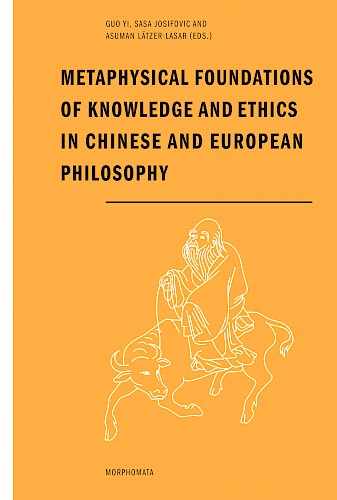
Guo Yi, Sasa Josifovic, Asuman Lätzer-Lasar (Hrsg.)
Wilhelm Fink Verlag (Paderborn), 1. Aufl. 2013, 248 Seiten, 7 s/w Abb., 1 s/w Tab., Franz. Broschur
In the history of Chinese and European philosophy, metaphysics has played an outstanding role: it is a theoretical framework which provides the basis for a philosophical understanding of the world and the self. A theory of the self is well integrated in a metaphysical understanding of the totality of nature as a dynamic process of continuous changes. According to this view, the purpose of existence can be conceived of as the development and realization of the full potential given to the individual by its nature. In regard to human nature specifically, this idea of self-realization includes the development of all cognitive faculties as well as of the moral character.
Metaphysics has, however, suffered a loss of importance in current debates, especially in ethics. As a result, we observe the emergence of such philosophical views as moral skepticism and even nihilism. The consequence of this tendency has been the renunciation of a claim to understanding and to providing a solid ground for ethics.
Yet an intercultural dialogue can provide us with some hope as the consolidation of debates on crucial topics of our traditions might indeed serve as the basis for a more powerful philosophy in the future.